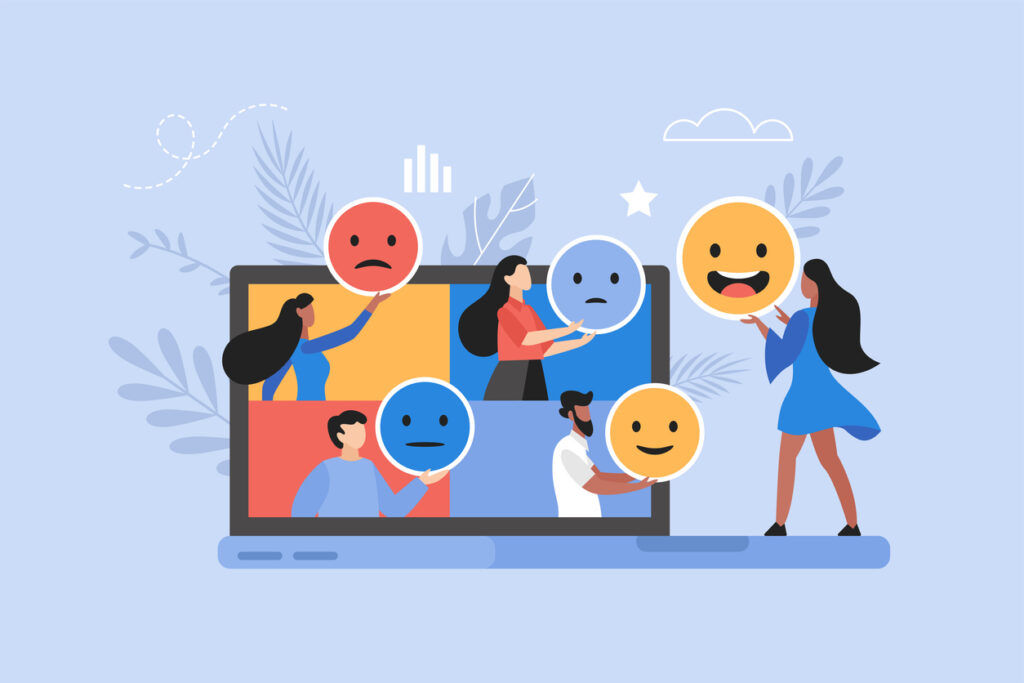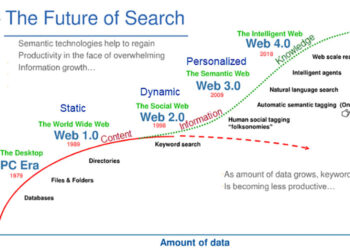Editor’s Note: Today’s post is by Ken Varnum. Ken is Senior Program Manager and Discovery Strategist at the University of Michigan Library and co-chair of the NISO Open Discovery Initiative Standing Committee.
The NISO Open Discovery Initiative (ODI) was created in 2011 in response to the emergence of then-novel web-scale discovery layers. Back then, led by Serials Solutions Summon product and followed by EBSCO Discovery Service, OCLC’s WorldCat Discovery, and Ex Libris’ Primo, there was a lack of understanding about how these tools indexed full-text and A&I content, provided access, attributed metadata and usage, and more. The NISO Open Discovery Initiative’s goal has been fostering transparency and trust in web-scale library discovery. Our Recommended Practice provides guidelines that helped address the concerns expressed by librarians, content providers, and discovery providers when these new centralized indexes were at the cutting edge of technology.
New Challenges, New Opportunities
Generative Artificial Intelligence (GenAI) is an incredibly powerful, and mysterious, tool. It has significant capabilities to enhance the ways researchers explore information and to bootstrap their explorations. These new capabilities raise both concerns and opportunities.

The reliability of GenAI tools to provide valid, repeatable, and consistent responses is one area of concern. Reports of the worst-case outcomes, such as a tool’s potential to “hallucinate” or “confabulate” (making up information that is not, in fact based in reality) can extend to information in text or the creation of citations that appear to be valid but are not. The amazing capability of some of these tools to build models based on vast amounts of input can mean that there is little or no understanding, even by experts in artificial intelligence, about how a particular query leads to an answer. The current generation of these tools is, almost inherently, a black box. As well, because these model are probabilistic, reproducibility of a response is another challenge. GenAI models are generally based on the likelihood that a series of words will respond to the user question. Even when phrased exactly the same way, the same question asked of a GenAI tool will lead to different responses (when considered word-by-word), and a different phrasing can lead to more variability. As these tools become more sophisticated and grow to tailor their responses to what they learn from a history of interactions with a specific user, variability of responses across individuals can vary, as well.
At the same time, generative AI tools offer new opportunities for exploring the scholarly record and creating new forms of information for users. Their very nature allows them to find connections across publications that might not have been thought of by a human researcher. Finding hidden similarities across publications, among different subject domains, can lead to discoveries that a more siloed, keyword-based, approach might miss. By consuming multiple articles or metadata records, GenAI tools can synthesize a summary of them, providing a list of key insights that can lead a researcher into novel explorations. GenAI tools can augment existing keyword- and abstract-based summaries by expanding the number of appropriate keywords for full-text resources and providing abstracts or summaries for items that do not already have them. They can summarize the content of still or moving images, a benefit not just to researchers but also to individuals with vision disabilities. Likewise, GenAI tools can create visual or textual representations of data that would otherwise need to be manually processed. The power of these tools to expose researchers to items they would otherwise have seen is significant.
How Can the NISO ODI Help?
More than a decade after the Open Discovery Initiative convened and established recommendations to enhance transparency and trust around web-scale discovery, the industry has come to a new pivot point.
There are many opportunities and challenges. The content providers whose resources are included, the libraries who license these tools for their campuses and communities, and the discovery providers who maintain the central indexes make up a complex ecosystem. All of these constituencies are exploring questions about what GenAI signifies for the user experience of researchers and their existing business models.
The emergence of GenAI tools and their addition to both web-scale discovery and more topic-focused databases brings a new period of uncertainty and a new need for enhanced transparency. In keeping with our goal of fostering transparency in discovery, the Open Discovery Initiative is exploring how it can be most effective in this model of web-scale discovery. As we move from traditional, keyword-based search and retrieval algorithms to GenAI-based concept exploration and text synthesis, the ODI Standing Committee wants your input into the areas that we should focus on. Recognizing that there are many different opinions about how and when generative artificial intelligence is most appropriate or most challenging, we invite your input.
We have launched a survey to help us understand the “hopes and fears” of all members of the discovery ecosystem — content providers, libraries, and discovery providers — as they consider the benefits and risks of participating in GenAI-based discovery:
https://umich.qualtrics.com/jfe/form/SV_821DI6888SCjIDY
Please answer from your own, personal, perspective. Your responses will help ODI understand how members of the discovery ecosystem are thinking about generative artificial intelligence and lay out possible areas for ODI’s work in the year(s) to come. We will also summarize results after the conclusion of the survey via the ODI website.
The survey will remain open until October 31, 2024, and will take about 10 minutes to complete. Note that this survey is best taken on a laptop or desktop computer, and not a mobile device.
If you have any questions about this survey, please contact us at odi@niso.org.



